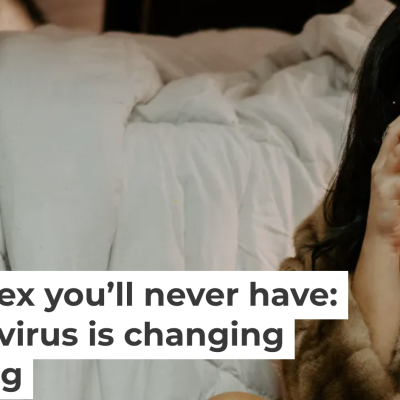Sexuality
What makes a family? In the month of May, we celebrated Mother’s Day on the 10th and the International Day…
किशोरों में यौनिकता विषय पर चर्चा करना आरंभ करने पर कानून, आयु, मान्यताएँ व स्वास्थ्य जैसे अनेक ऐसे मुद्दे भी…
शिखा आलेय जैस्मिन जॉर्ज TEDx स्पीकर हैं, अधिवक्ता हैं और भारत में यौन एवं प्रजनन अधिकारों की पैरोकार हैं। ये…
Dr. V. Chandra-Mouli makes a powerful case for sexuality education for young people and why it is important for their physical,…
A humanitarian crisis situation has different impacts at the individual and community level and is also differently experienced by different…
Searching for and then finding and connecting with others, dating, and then possibly, romancing them, are activities and experiences that…
When the pressure started to mount on Surekha, from all corners, to get married, she thought of reconsidering Kishore’s proposal…
dating March 31, 2020 3.38pm AEDT When Tinder issued an in-app public service announcement regarding COVID-19 on March 3 we all had…
Body image, body shaming, fat shaming. Familiar. Heart image, heart shaming, self-shaming. Expanding the same concept. You know how the…
Abha Khetarpal is a disability rights activist and self-advocate, writer, motivational speaker, and President of Cross the Hurdles, a resource…
At first glance, dating and social distancing appear to be oxymorons. But, as the last few weeks have shown us,…
Going on a first date with someone one has never met can be a fraught experience, especially if it is…
मैं उत्तरी दिल्ली के एक कमर्शियल कॉम्प्लेक्स में एक छोटे तंग से ऑफिस में हूँ। यहाँ बाहर किसी भी कंपनी…
If not him, there is his brother – Mir, are there any restrictions in love? Mir Taqi Mir, 18th century…
A wedding is a major event in a person’s life. The event comes with many dreams, hopes, expectations and desires….















